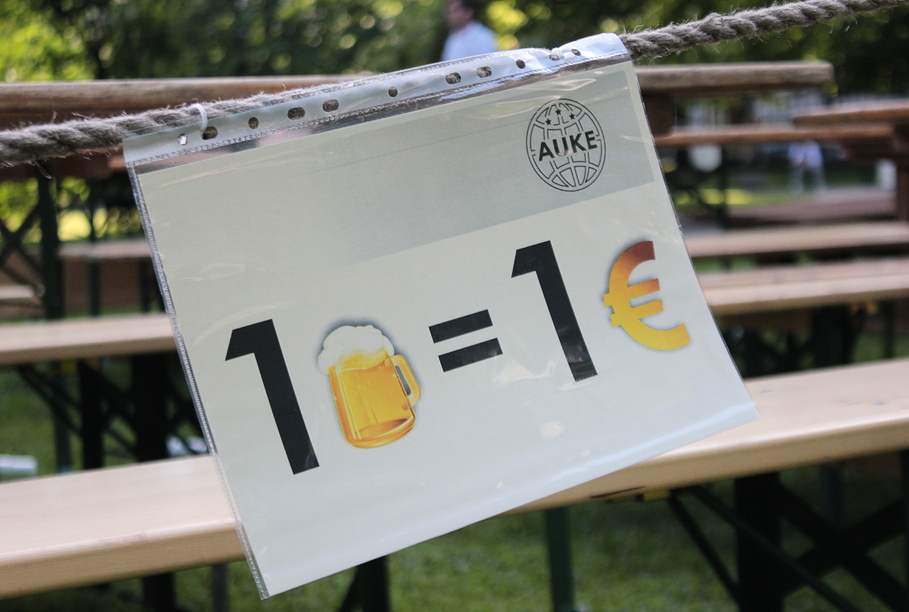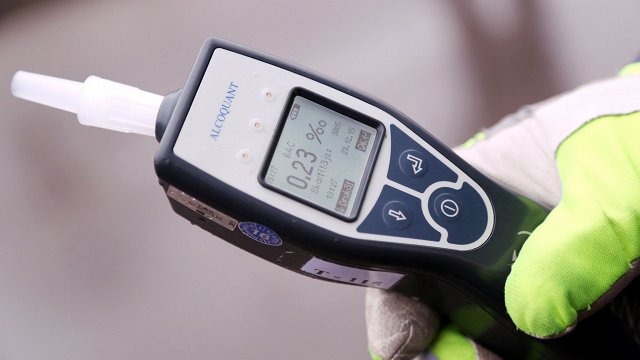The Latvian Alcohol Industry Association (LANA) believes that amendments to the laws prepared by the Ministry of Health (VM), which aim to limit the advertising of discounts and special promotions of alcoholic drinks are symbolic and easily bypassed.
Meanwhile the Latvian Advertising Association (LRA) also questions whether the changes in the law will help achieve the goal of reducing high levels of alcohol consumption in Latvia.
In order to reduce drinking and, in the long term, the spread of alcohol-related diseases and deaths, the Ministry of Health has prepared several amendments to the Law on the Circulation of Alcoholic Beverages and the Law on Electronic Media. They are expected to be considered by the government on Tuesday.
The spokesperson of the Ministry of Health, Inga Birzniece, said some of the planned changes included restrictions on price promotions of alcoholic beverages and discount advertising in printed, visual and online media, and restricting the use of promotions of the 'buy more, pay less' variety.
The amendments also include recommendations on listing the ingredients and nutritional value of alcoholic beverages on the label, and using a pictogram to warn against drinking alcohol during pregnancy and while driving.
Dāvis Vītols, executive director of the Latvian Alcohol Industry Association, expressed doubts about whether the Ministry of Health itself believes that these amendments will improve anything. As far as he knows, similar restrictions in Estonia and Lithuania did not make any particular difference. Statistically, alcohol consumption has decreased in Lithuania, but this is partly explained by the fact that Lithuanians often buy alcohol in Poland and Latvia, where it is cheaper, he said.
Evaluating individual norms, Vitols said that they would be easily circumvented, for example, the ban on offering a more favorable price for a larger purchase, say, a four-pack or six-pack of beer, would be difficult to control.
Vītols criticized the requirement to introduce changes in the alcohol label, because in this way Latvia would be overtaking European Union requirements, where uniform labeling requirements are emerging.
He also criticized the intention to prohibit advertising the price or discounts of alcoholic beverages in press publications.
"In the neighboring country [Lithuania], the magazines show the alcoholic drink, but you can't specify the price; you can simply say that, let's say, the store has a good price for such and such a drink, so as not to name specific brands. This is also really pointless, because the new buyers will be able to go online and see what the price is in the online store," Vītols pointed out.
Baiba Liepiņa, chairman of the board of the Latvian Advertising Association, emphasized that in the initial stages of the amendments, there was an intention to ban the advertising of alcohol prices and discounts altogether, but now it will still be allowed in retail stores and online stores.
Liepiņa said in effect this means that "Advertising simply moves closer to the cash register and concentrates there."
As previously reported by LSM, Latvian households spend a larger proportion of their budgets on alcoholic beverages than anywhere else in the European Union, despite having some of the EU's lowest prices for booze.
Latvians spent €951 million on booze in 2021, equivalent to 2.8% of GDP. That represents 5.0% of total consumption expenditure, making it proportionally the country where households spend more on alcohol than anywhere else in the EU.
The next highest shares of total consumption expenditure on alcoholic beverages in 2021 were registered in Estonia (4.7%), Poland (3.7%), Lithuania and Czechia (both 3.6%). On the contrary, the lowest shares were in Greece and Italy (both 1.0%), the Netherlands (1.3%) and Spain (1.4%).






























